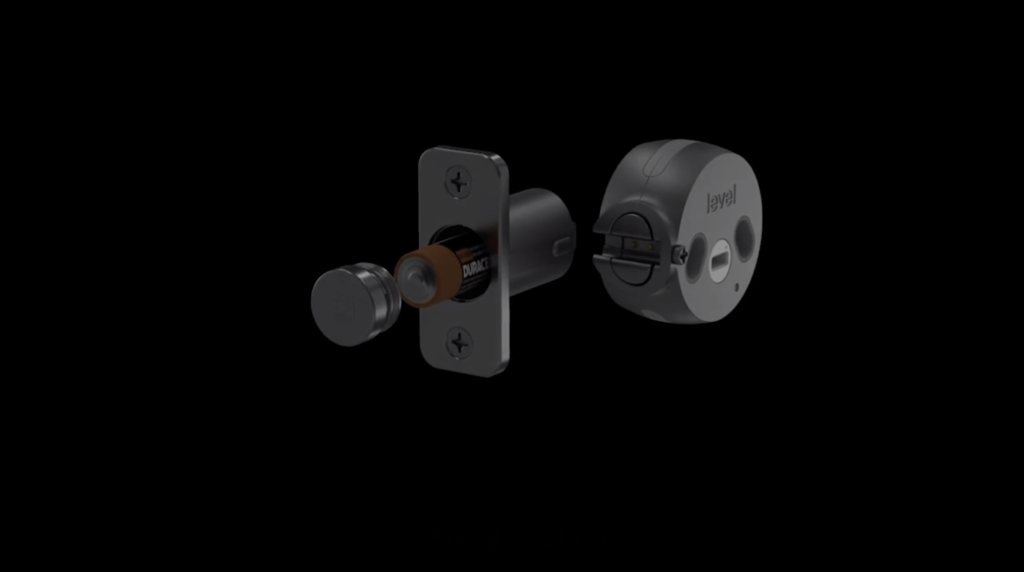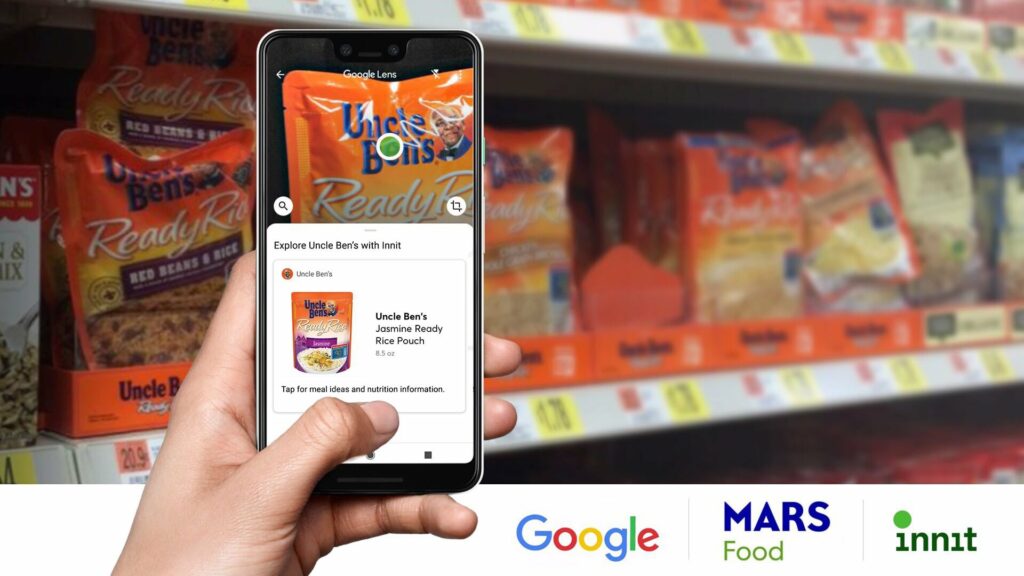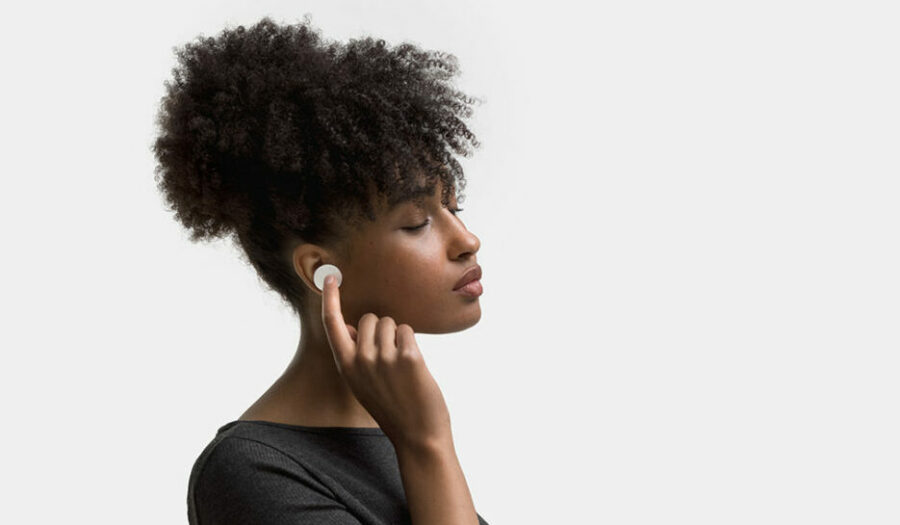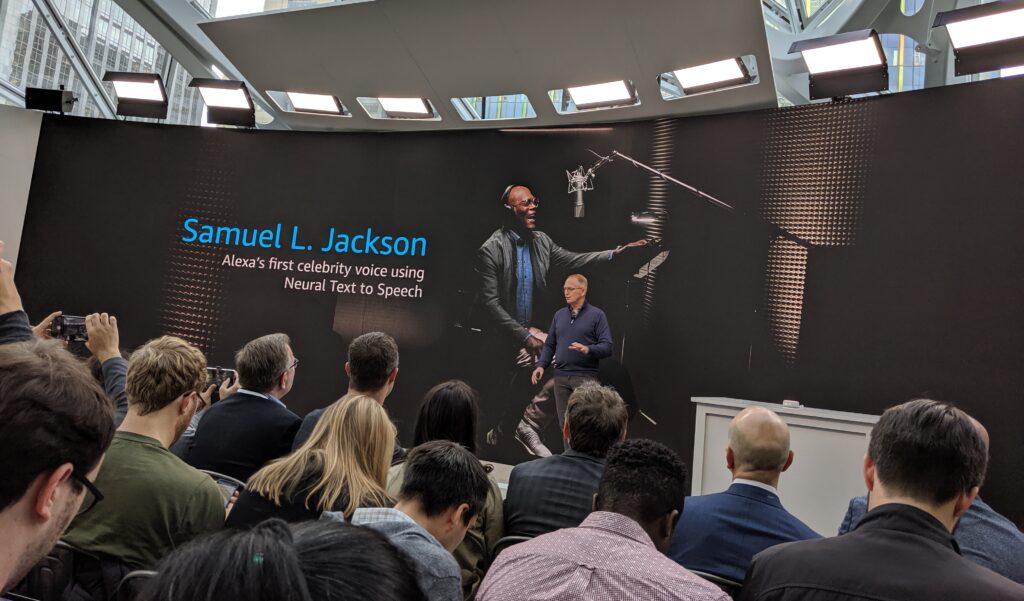This week Kevin and I discuss the aftermath of the big Google event, covering the new devices, the focus on ambient computing, and changes to the Nest subscription and Works with Assistant programs. From there we cover a new smart lock backed by Lennar Homes and Walmart, a new light bulb from LIFX and more security exploits. We hit on some industrial and enterprise news with an overview of Hitachi’s recent conference. Finally, we answer a listener question about what to include when selling a smart home.

Our guest this week is Azhar Hussain, CEO of Hanhaa, a company that has created a tracking device for mail, a mobile network operator, and a way to plug sensor data easily into Microsoft Excel spreadsheets. We spend most of the time talking about the creation of the ParceLive service which provides subscribers with a postcard-sized device that customers drop into packages before they mail them. The device tracks the package and has several sensors affixed to it that can track temperature, humidity and more. We talk about creating a sustainable company, the future of Wi-Fi in a 5G world and the engineering challenges associated with building the ParceLive product.
Hosts: Stacey Higginbotham and Kevin Tofel
Guest: Azhar Hussain, CEO of Hanhaa
Sponsors: Nutanix and HiveMQ
- Google’s taking its digital assistant beyond the smartphone
- There are a lot of failed smart locks
- Let’s talk about data lakes!
- Why 5G will make Wi-Fi obsolete
- How to build a sustainable tracking device
Podcast: Play in new window | Download | Embed
Subscribe: RSS



